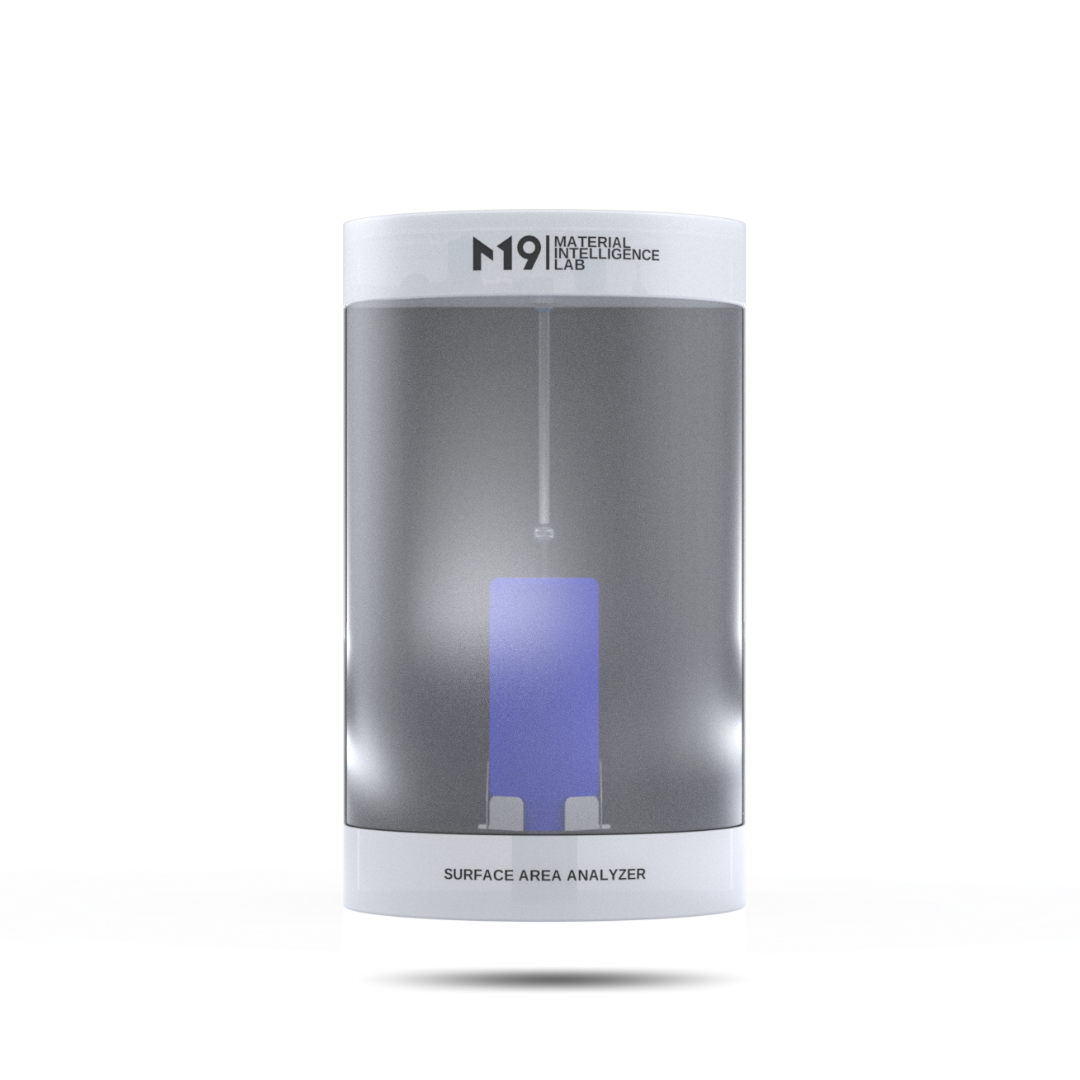
Surface Area Analyzer
D6556
- Request Quote
- Download Brochure
- Learn More
Stay up-to-date with the latest news, trends, and insights delivered directly to your inbox.
Subscribe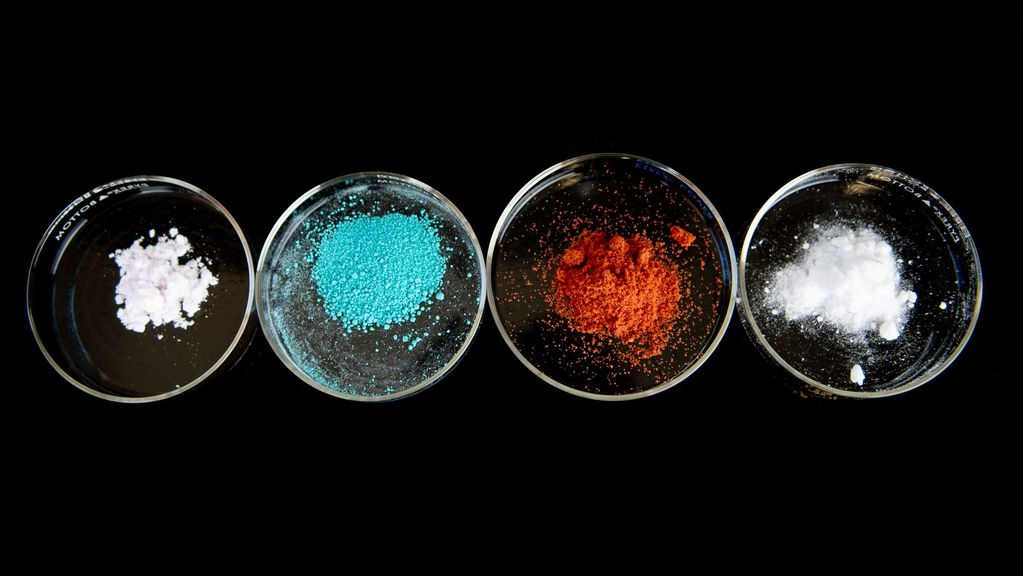

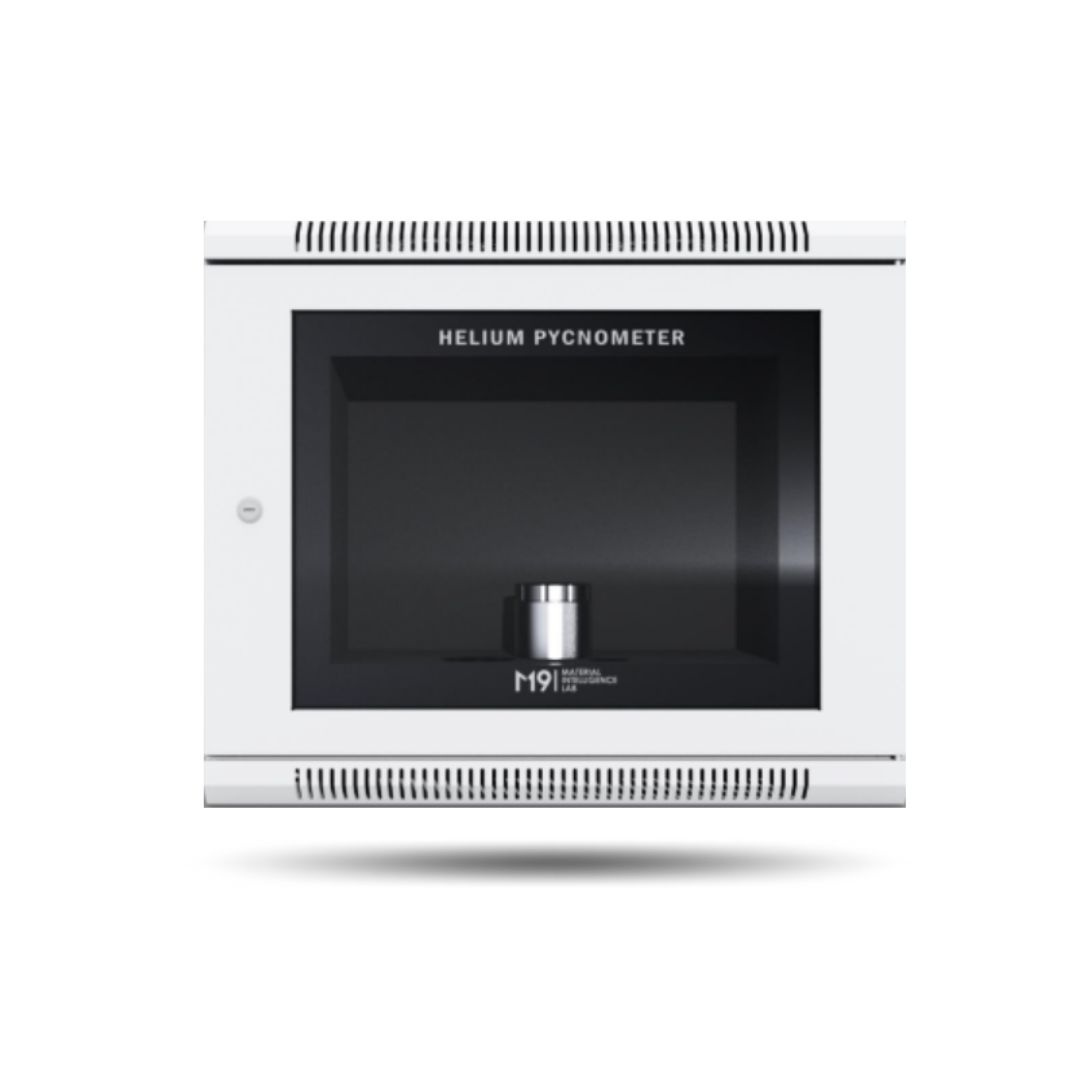
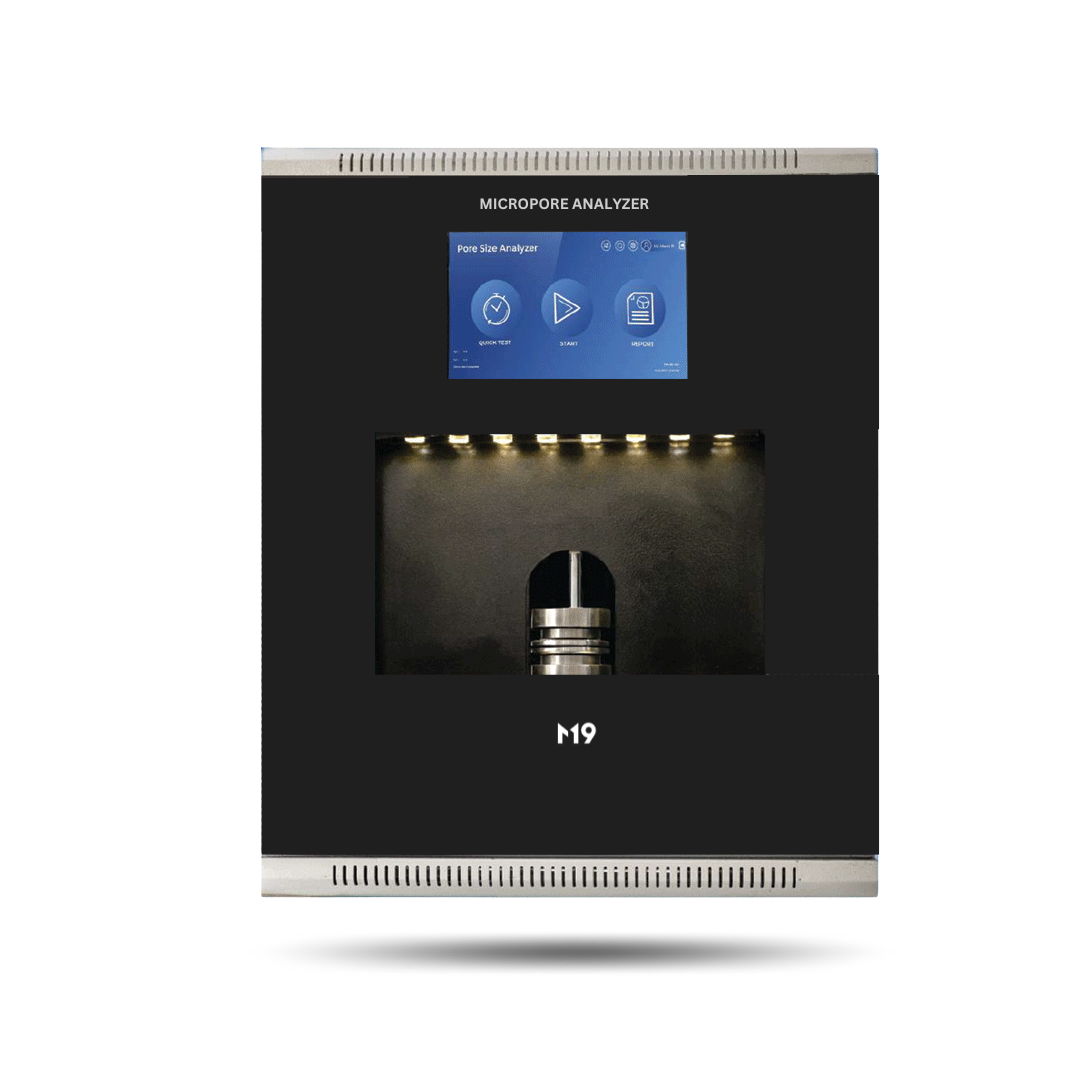
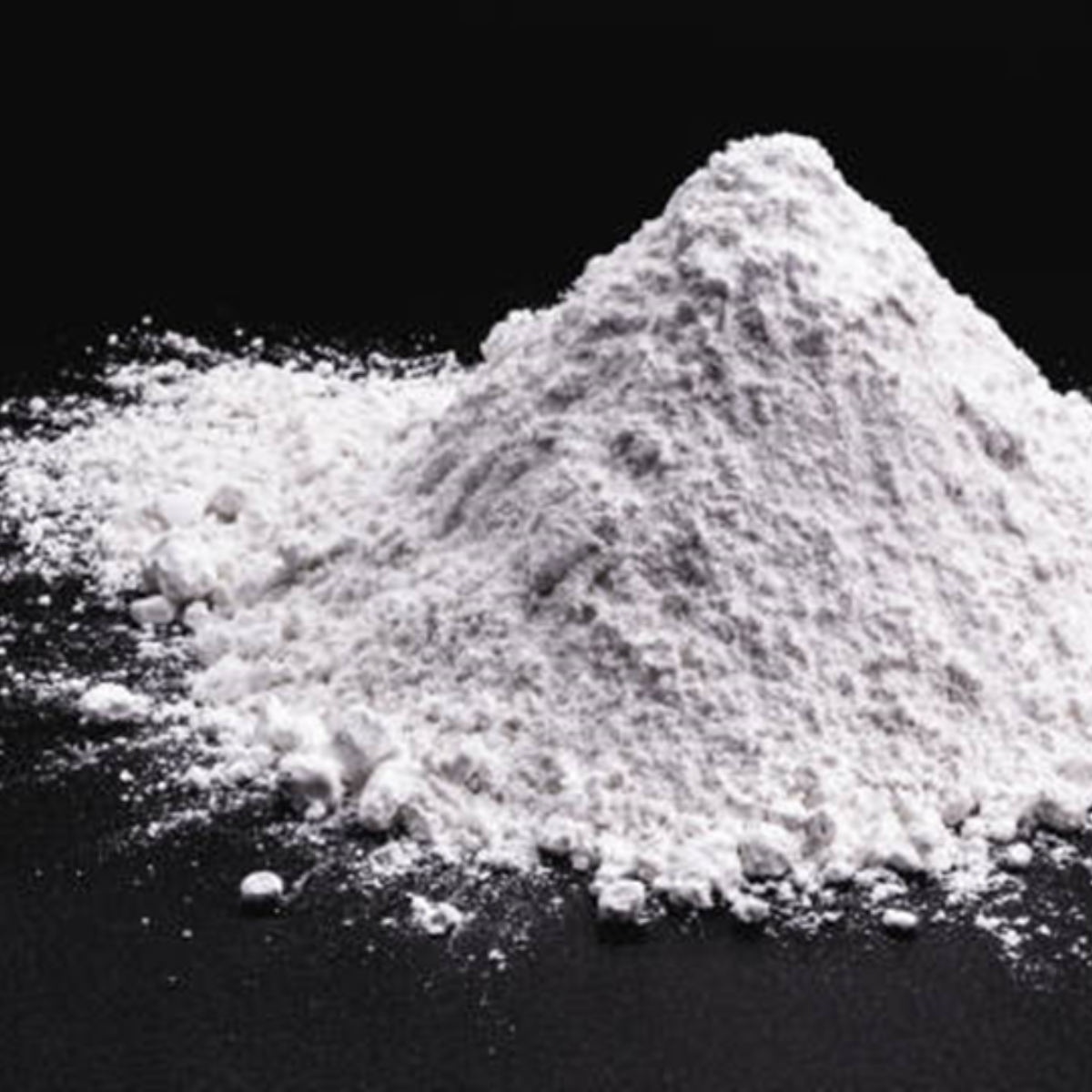
The characterization of powders is an important step in understanding their properties and behavior, which is critical for their processing, handling, and use. Some important characterization techniques include BET Surface Area Analysis, Density & Porosity, particle size analyzer etc.
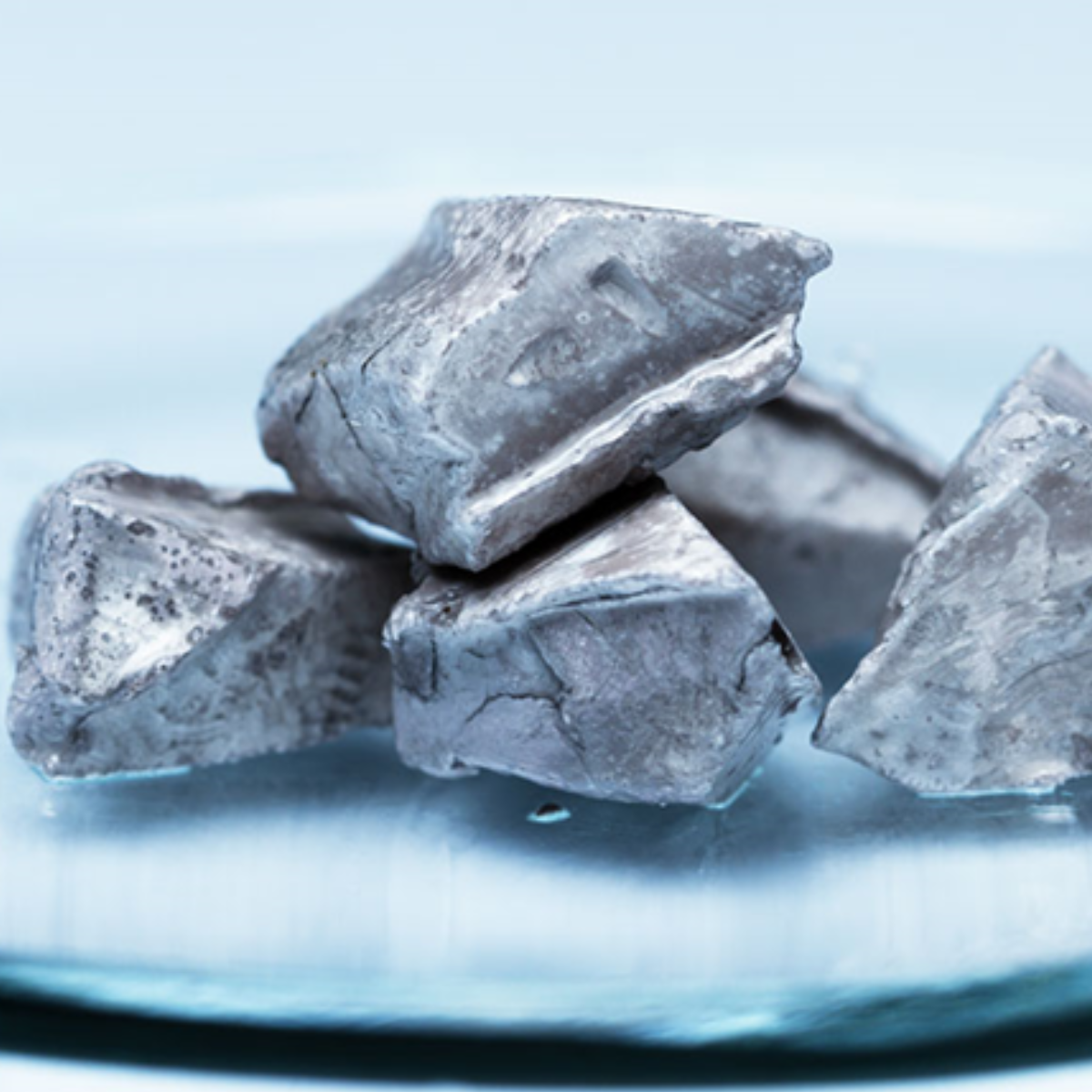
The characterization of solid chunks is an important step in understanding their properties and behavior, which is critical for their processing, handling, and use in the chemical industry. Some of the methods include density and porosity analysis, crystallography using XRD (X-ray diffraction) etc.
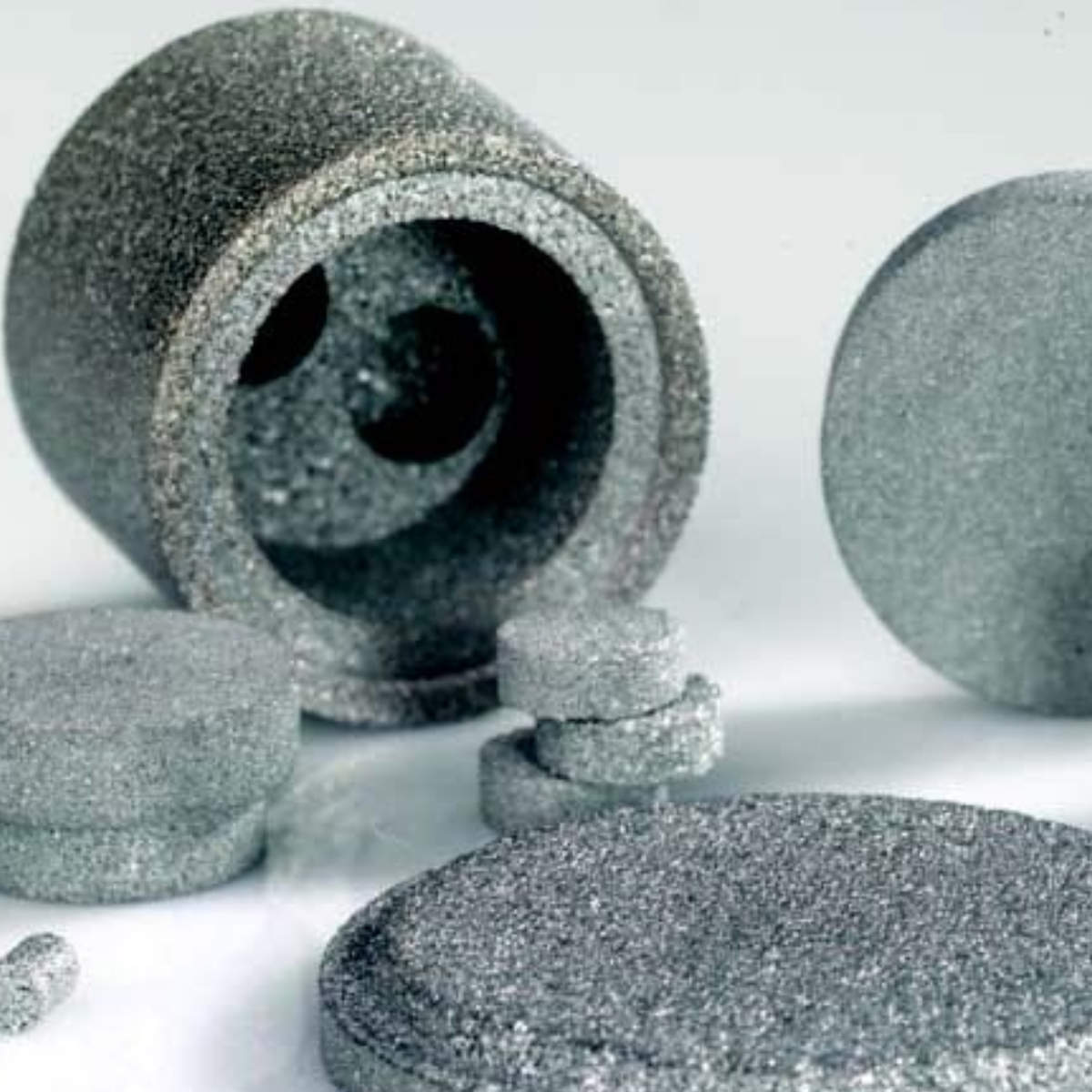
Sintered metal filters are made by sintering metal powder into a porous structure with controlled pore sizes and distribution. Their characterization is quite crucial for filtration efficiency. Some common methods include pore size distribution, selective permeability, and bubble point test.
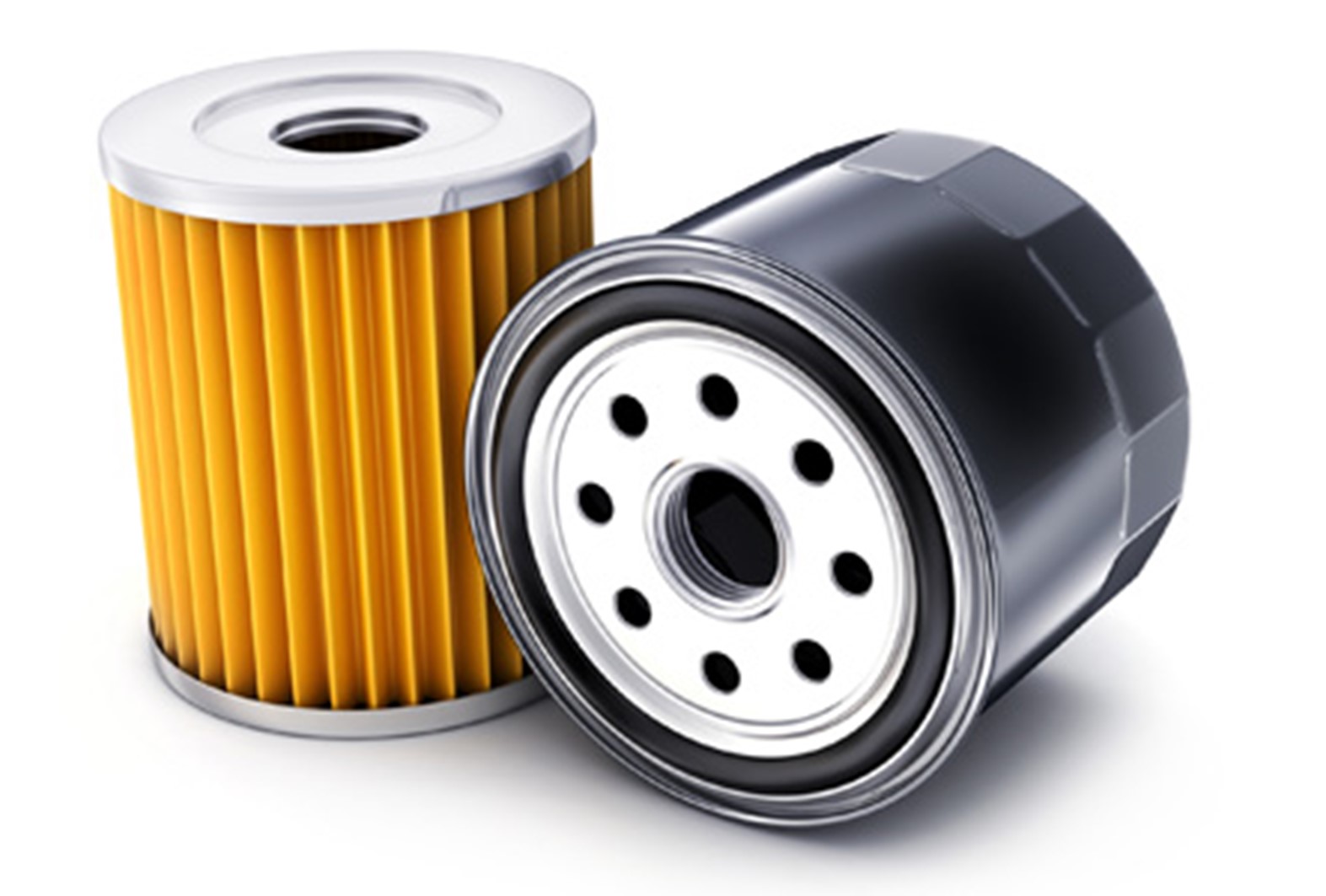
Cartridge filters have application in various fields. For example filtration of lubricant oil or fuels in engines of automobile, cold sterilization of a beverage or injectable solute, ultra-decontamination of chemical and rising waters in electronic component manufacture, removal of particles susceptible to clog an ink jet printer, cleaning of nuclear power plant liquids etc.
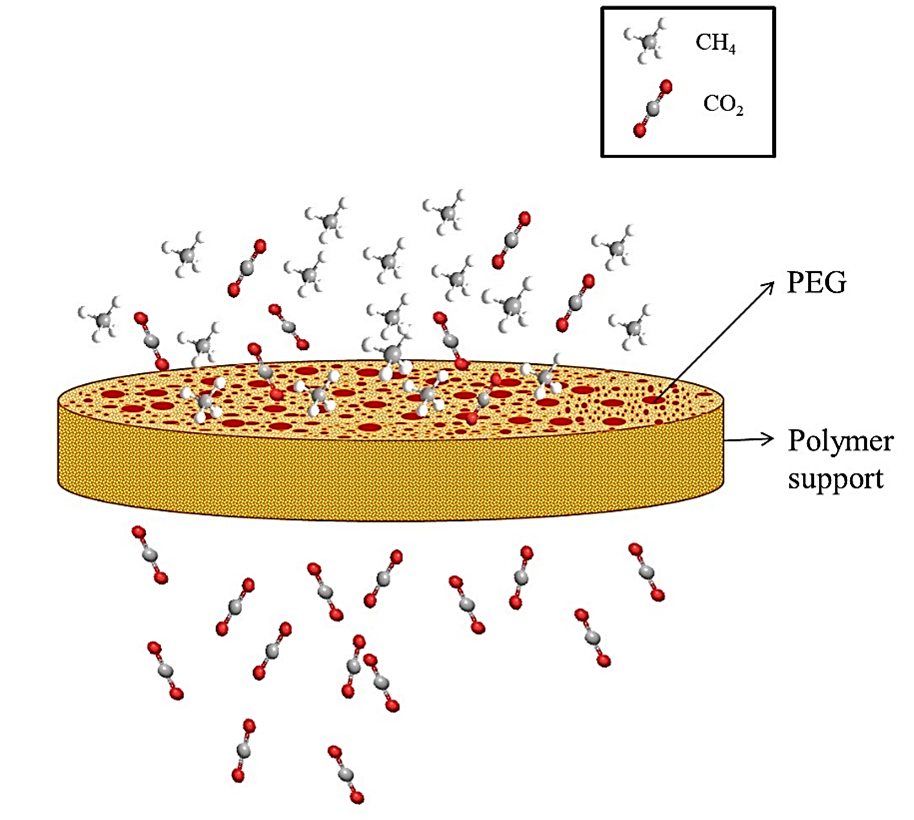
Membrane technology is among many techniques for CO2 gas separation. The cellulose acetate (CA) membrane is a widely used polymeric membrane for gas separation, including CO2 and CH4 gases.
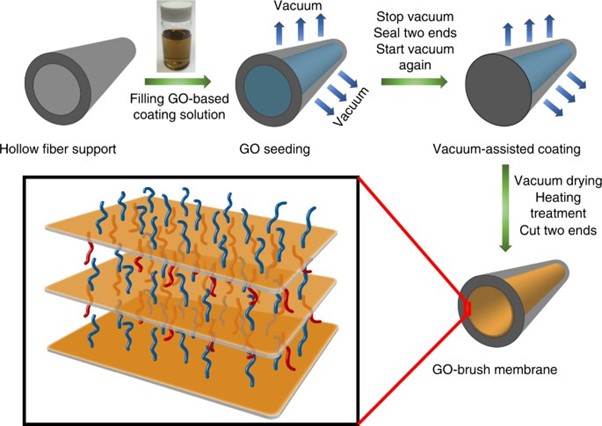
The development of advanced adsorbents with high capacity, fast rate, and easy regeneration has great practical application value. In this paper, polystyrene-polymaleic(anhydride) (PSMM-NH2) hollow microspheres with a high density of amino groups are prepared and used for the efficient adsorption of anionic dyes with the maximum adsorption amount for acid red as high as 951.1 mg g−1.
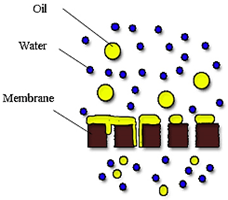
In various industrial processes water comes into contact with several pollutants, like hydrocarbons, hazardous chemicals, sewage sludge from boilers, cooling towers, and heat exchangers, and is not reusable.
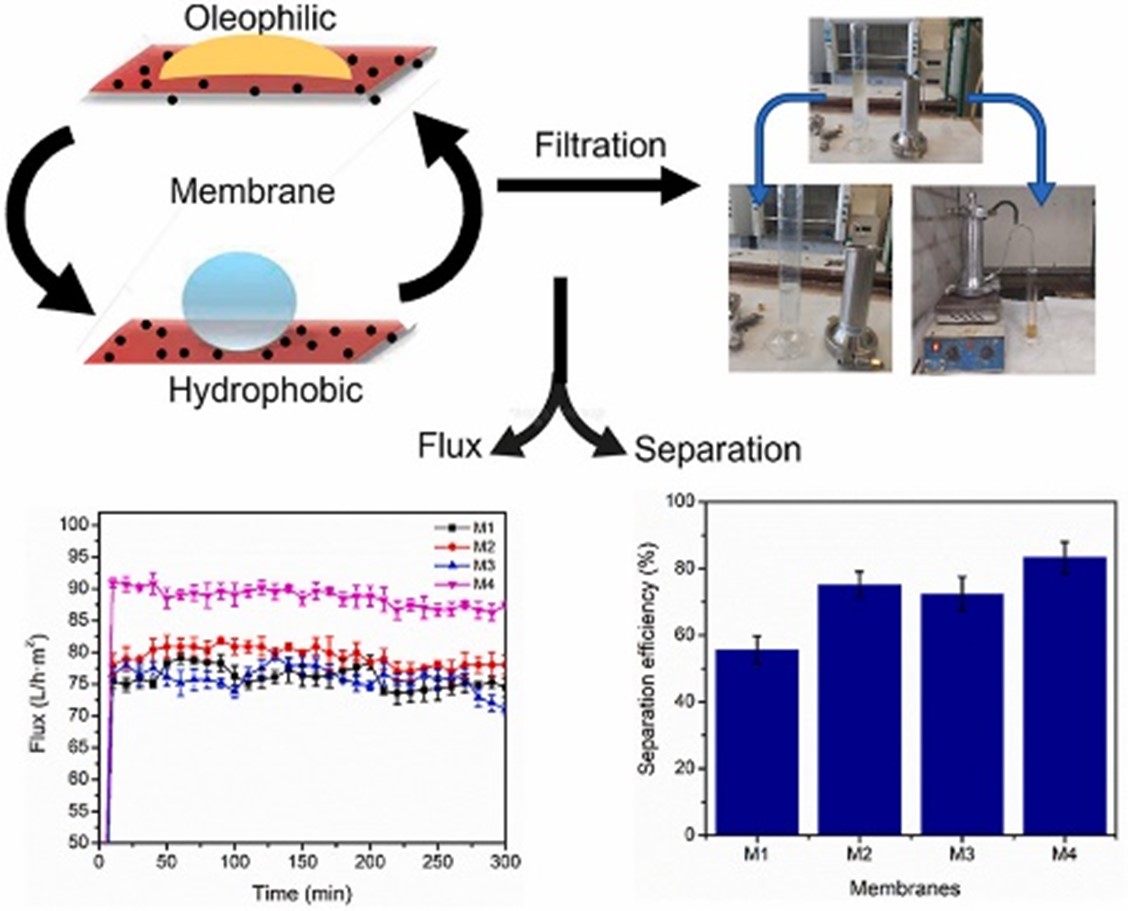
Oil spillage and industrial discharge of oily wastewater threaten the health of the human beings and the environmental life. To perform oil cleaning from the water bodies, several physicochemical methods have been employed.
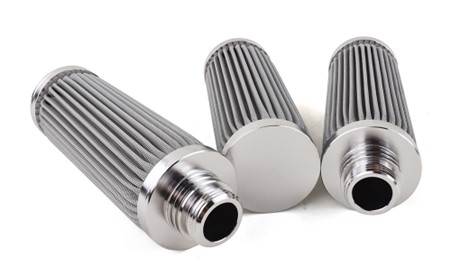
Sintering is a process of the metallurgy of filter with different metals and alloys (aluminium, copper, nickel, bronze, stainless steel, titanium etc.) in powder form.